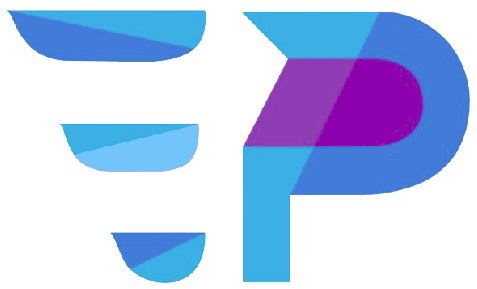Google Ads for Chiropractors – A Complete Patient Growth System for 2026
Google Ads for chiropractors create consistent patient flow when done correctly. Chiropractic care depends on trust, urgency, and local intent. People search for pain relief when discomfort hits. They want fast answers. They want nearby care. They want confidence before...
Is WordPress Good for Small Business Owners on a Budget?
In today’s digital-first economy, having a reliable online presence isn’t a luxury—it’s a necessity. For small businesses aiming to compete, connect with customers, and grow, choosing the right platform to build a website is a foundational step. Among the many options...
How to Maximize ROI with PPC Automation? Strategies and Best Practices
Handling pay-per-click (PPC) campaigns isn’t always a picnic. Keyword research and ad copywriting are both tasks that fall on your shoulders. Fortunately, PPC automation tools are getting easier and easier to implement for companies of all sizes.The fact is that if you...
7 Amazing Benefits Of PPC Marketing For Small Business
PPC marketing has distinct benefits compared to other types of advertising. You can see the outcomes right away, and they’re measurable as well. For companies that want to be responsive in the face of wild online competition, pay-per-click (PPC) campaigns are the best...






